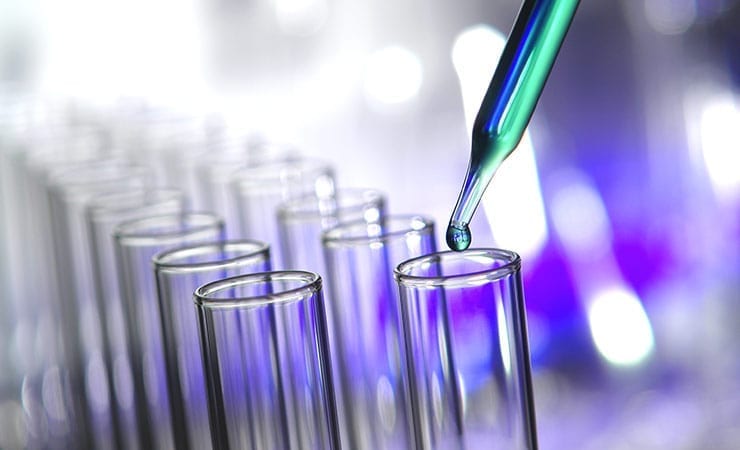The Division of Acquired Immunodeficiency Syndrome (DAIDS), National Institute of Allergy and Infectious Diseases (NIAID) supports basic research as well as pre-clinical and clinical evaluation of various HIV eradication strategies.
In order to evaluate the effectiveness of these strategies at clearing the latent reservoir, a reproducible assay capable of quantifying latent HIV is crucial. The best characterized assay today is the QVOA (Quantitative Viral Outgrowth Assay), also known as IUPM assay (Infectious Units Per Million) (Siliciano and Siliciano 2005), performed on highly purified resting CD4+ T cells under conditions that reverse latency and induce replication of HIV.
QVOA measurements require large volumes of blood, are expensive, tedious, and labor intensive and therefore not the assay of choice for many laboratories conducting HIV eradication research.
NIAID has a requirement to provide the QVOA as a service to the HIV research community. This service will allow standardized QVOA measurements so that unbiased comparisons between different eradication strategies can be achieved. Widespread use of the assay will raise the standards for latent HIV detection and reduce the need for surrogate, less accurate assays, presently used by some laboratories.
The scope of the work includes:
- Performance of the QVOA
- Development of alternative assays to the QVOA. The aim will be the development of assays that are less costly, require smaller amounts of blood, and can be completed more rapidly, while maintaining or exceeding the sensitivity of the QVOA.
- Training investigators to perform the QVOA at the Respondent’s site
The contract will be for one base year and up to seven option years. In addition, NIAID may exercise options for an increased level of effort that may result from unanticipated increases in demand for the services supported by the base requirements of this contract.
Proposals will be evaluated for technical approach, scientific and technical personnel, project management, resources, facilities, equipment, and capability to address options.
Further details are available under Solicitation Number: NIAID-DAIDS-NIHAI2013184. Responses are due August 14, 2014.



